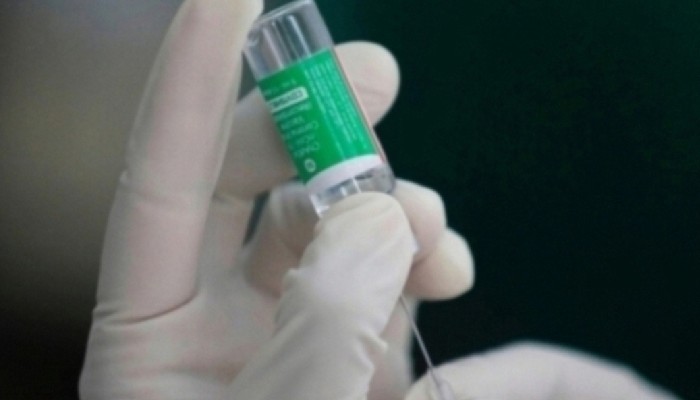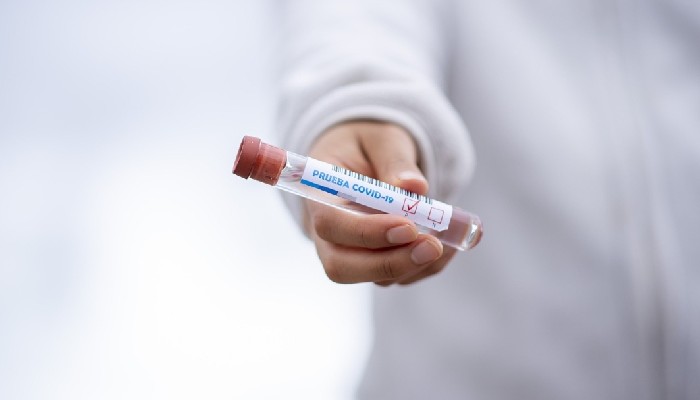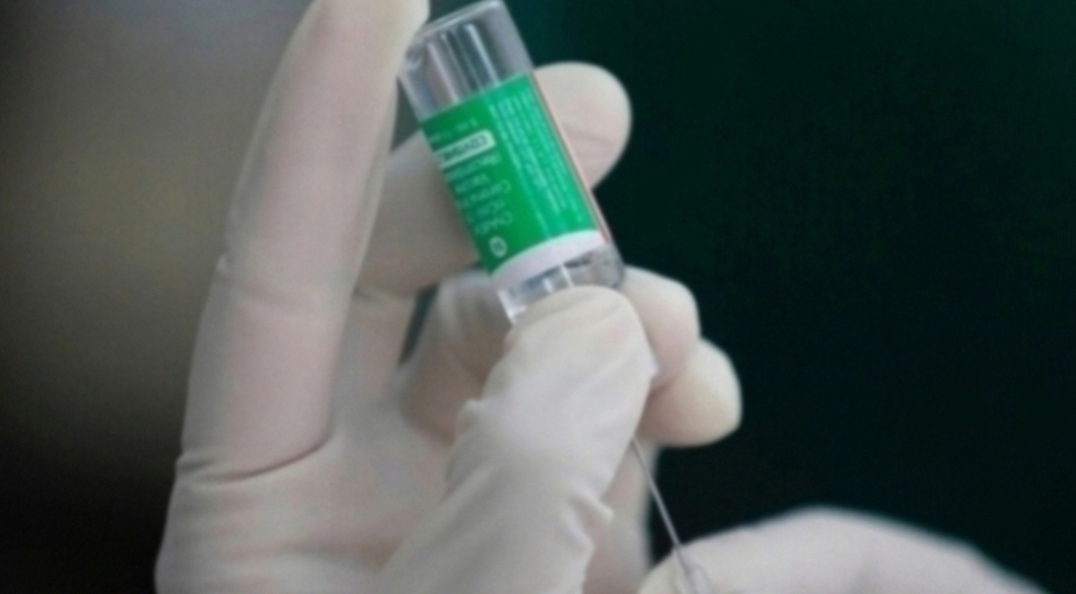The initial focus may be on protecting the most vulnerable and the frontline workers, PM Modi said in an interview to The Economic Times
Amid the anxious wait for COVID-19 vaccines, Prime Minister Narendra Modi has assured India that each and every citizen will be administered the vaccine as soon as it is made available. “No one will be left behind,” he promised.
In an interview with The Economic Times published on Thursday, Prime Minister Modi said, “First and foremost, I would like to assure the nation that, as and when a vaccine becomes available, everyone will be vaccinated. None will be left behind. Of course, initially we may focus on protecting the most vulnerable and the frontline workers.”
A National Expert Group on Vaccine Administration for Covid-19 Vaccine has been constituted to chart the way forward, he said.
“We should also realise that vaccine development is still work in progress. Trials are on. Experts can’t say what the vaccine will be, its dosage per person, periodicity or how it’s to be administered etc. All this, when finalised by experts, will also guide our approach on taking the vaccine to citizens,” he said during the interview.
PM Modi also informed about the logistical support that will be provided to store and distribute the vaccines to people. He said that over 28,000 cold chain points will store and distribute COVID-19 vaccines to ensure that they reach the last point.
“Dedicated teams at state, district and local levels will see to it that the vaccine distribution and administration is done in a systematic and accountable manner. A digital platform to enroll, track and reach the beneficiaries is also being prepared,” PM Modi said.
No room for complacency as world sees resurgence
Though the cases are declining, PM Modi said that people still need to take precautions as the world is seeing resurgence of this virus. Calling it ‘fickle,’ he said some places like Gujarat were seen as hot spots while the situation seemed to be under control in Kerala, Karnataka etc. After a few months, things have improved in Gujarat but turning for the worse in Kerala.
“This is why I feel there is no room for complacency. I stressed the same in my recent message to the nation on October 20 that the only way forward is to take precautions such as wearing a mask, hand washing and social distancing because ‘Jab tak dawai nahin, tab tak dhilai nahin,’ he said.
“This is a new virus. Countries which had initially controlled the outbreak are now reporting a resurgence,” he said in the interview.
Lockdown was imposed at the right time
Contrary to apprehensions of various people regarding the importance and timing of lockdown, he said, India imposed lockdown at a very critical point in the pandemic trajectory.
“We not only got the broad timing of various phases of lockdown right, we also got the unlock process right and much of our economy is also coming back on track. The data for August and September indicates that. India has taken a science-driven approach in response to Covid-19 pandemic in the country. Such an approach proved beneficial,” he said.
Underlining India’s approach in tackling the virus, he said, “Union and state governments have been working in a seamless manner as one team, public and private sectors have come together, all ministries converged to shoulder diverse responsibilities, and peoples’ participation ensured a united and effective fight.”
Hence, the cases seem to be declining. India has moved from a peak of almost 97,894 daily cases in mid-September, India is reporting only around 50,000 new cases in late October, he said. “This has been made possible because entire India came together and worked as Team India,” he said.
“Though, even one untimely death is extremely painful, for a country of our size, openness, and connectivity, we have among the lowest Covid-19 mortality rates in the world. Our recovery rate continues to be high and our active cases are significantly falling,” he said.
He said that the COVID-19 pandemic’s impact is diverse in India unlike other countries where the impact is similar in all areas.
“There are some areas where it’s minimal, while there are some states where it’s very focused and persistent. Yet it must be kept in mind that in a country with more than 700 districts, the impact is seen only in some districts,” he said.
He said, “The geographical spread of India, population density, the regular social gatherings must be kept in mind when we look at these numbers and seek to compare with others. Many of our states are larger than countries.”
Nevertheless, PM Modi urged everyone to be cautious. He said that the virus is still out there and it thrives on our complacency.
 Contact Us
Contact Us  Subscribe Us
Subscribe Us









 Contact Us
Contact Us
 Subscribe
Subscribe
 News Letter
News Letter

